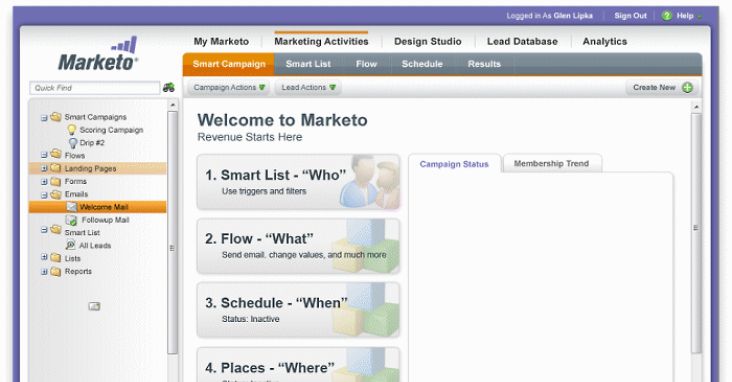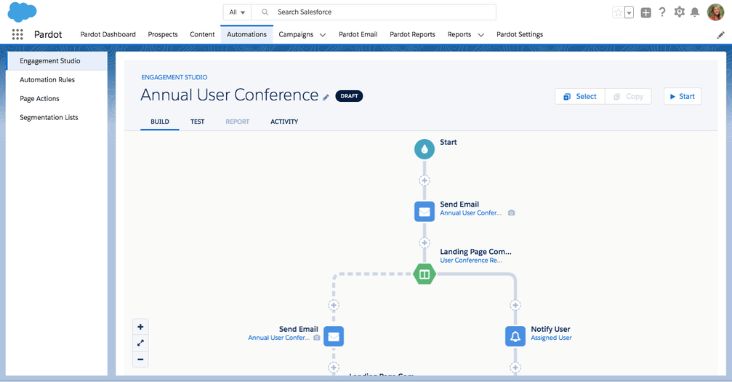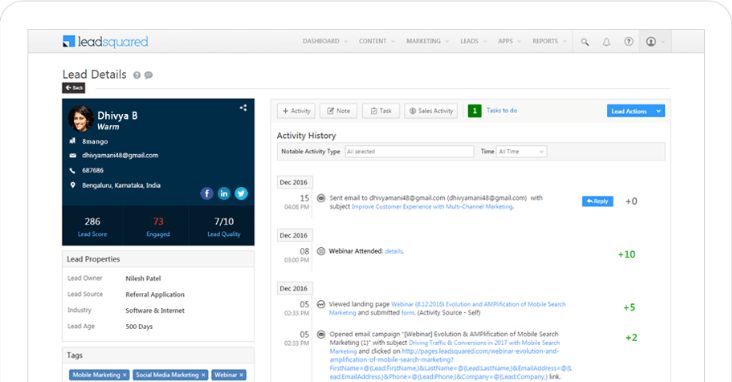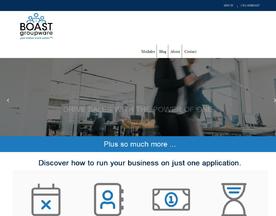MQL Meaning: Understanding the meaning of MQL and its importance in the marketing funnel is essential for marketers and their sales and marketing teams. In this blog post, we’ll dive into the concept of Marketing Qualified Leads (MQLs), explain how they differ from other types of leads, and provide some tools to help you better manage and track your MQLs.

What is an MQL?
An MQL, or Marketing Qualified Lead, is a potential customer who has shown a certain level of interest in a company’s products or services and is deemed more likely to become a customer compared to other leads. MQLs are identified and nurtured by the sales and marketing teams based on their interactions with the company’s content, such as downloading whitepapers, attending webinars, or subscribing to newsletters.

Why are MQLs important?
MQLs play a crucial role in the sales funnel by helping marketers and sales teams focus their efforts on the most promising leads. By targeting MQLs more leads together with sales reps, organizations can:
Increase the efficiency of their sales process by focusing on high-quality leads
Improve lead conversion rates
Develop a better understanding of their target audience’s needs and preferences
Enhance the effectiveness of marketing campaigns

MQL vs. SQL: The Key Differences
While MQLs and Sales Qualified Leads (SQLs) are both essential for the sales process, they differ in the sales representative in several ways:
Lead qualification: MQLs are identified and qualified by the marketing team, while SQLs are qualified by the sales team.
Level of interest: MQLs demonstrate a general interest in a company’s products or services, while SQLs show a more specific interest in making a purchase.
Nurturing stage: MQLs are typically in the early stages of the sales funnel and require further nurturing to convert prospective customer into customers. In contrast, SQLs are closer to making a purchase and need direct sales attention.

How to Identify and Qualify MQLs
To effectively identify and qualify MQLs, companies should:
Define their target audience and create detailed buyer personas
Set clear criteria for what constitutes an MQL, such as a specific number of interactions or a minimum lead score
Develop a lead scoring system that assigns points to leads based on their engagement with marketing content
Monitor leads’ behavior and adjust lead scoring criteria as necessary

Software Tools to Manage MQLs
Several software tools can help you manage, track MQLs and decode lead behavior more efficiently:

HubSpot
HubSpot offers an all-in-one inbound marketing, sales, and customer service platform that includes a robust lead management system for tracking and nurturing MQLs.

Marketo
Marketo is a comprehensive marketing automation platform that enables marketers to track leads, manage lead scoring, and automate lead nurturing processes to efficiently manage MQLs.

Pardot
Pardot, a Salesforce product, is a powerful B2B marketing automation platform that simplifies lead management, including MQL tracking and nurturing, with its easy-to-use interface and integration with Salesforce CRM.

LeadSquared
LeadSquared is a marketing automation and CRM solution that helps businesses streamline their lead management process, including MQL identification, scoring, and nurturing.

FAQs about MQLs
What criteria should be used to define an MQL?
The criteria for defining an MQL will vary based on your company’s target audience, industry, and marketing objectives. Common criteria include lead score, interaction with marketing content, and demographic information.
How do I track MQLs in my marketing automation software?
Most marketing automation platforms offer built-in lead management and scoring systems that help you track MQLs. You can set up custom rules and criteria to automatically identify and track MQLs based on their engagement with your content.
How can I improve the quality of my MQLs?
To improve the quality of your MQLs, refine your buyer personas, create targeted content that addresses your audience’s pain points, and optimize your lead scoring system to better reflect the likelihood of conversion.
What is the difference between an MQL and a lead?
A lead is a general term for any potential customer who has shown interest in your products or services. An MQL is a more specific type of lead that has been qualified by the marketing team based on a set of predetermined criteria, indicating a higher likelihood of converting into a customer.
How do I convert an MQL into a Sales Qualified Lead?
To convert an MQL into an SQL, continue nurturing the lead with targeted marketing content and gradually introduce sales-oriented messaging. Once the lead demonstrates a clear intent to purchase, pass the lead on to the sales team for further qualification.
How can I increase my MQL to SQL conversion rate?
To increase MQL to SQL conversion rates, focus on creating personalized and relevant content, optimizing lead nurturing campaigns, and ensuring effective communication between marketing and sales teams.
What is lead scoring?
Lead scoring is a method of assigning points to leads based on their behavior and interactions with your marketing content. This helps prioritize leads and identify those most likely to convert into customers.
How often should I review and update my MQL criteria?
It’s essential to periodically review and update your MQL criteria to ensure it remains relevant to your target audience and business objectives. Conduct a review at least once a year or when there are significant changes to your marketing strategy.
Do all companies need to use MQLs?
While MQLs can be beneficial for most businesses, they may not be necessary for companies with a smaller target audience or a less complex sales process.
How do I know if my MQL strategy is working?
To evaluate the effectiveness of your MQL strategy, track metrics such as lead-to-MQL conversion rate, MQL-to-SQL conversion rate, and the average time it takes to convert MQLs into customers.

Conclusion
By understanding the meaning and importance of MQLs, marketers can better target their efforts, improve conversion rates, and ultimately drive more revenue for their organizations. Utilizing software tools like HubSpot, Marketo, Pardot, and LeadSquared can help streamline the process of identifying, nurturing, marketing teams and tracking MQLs, ensuring your marketing efforts remain efficient and effective.















